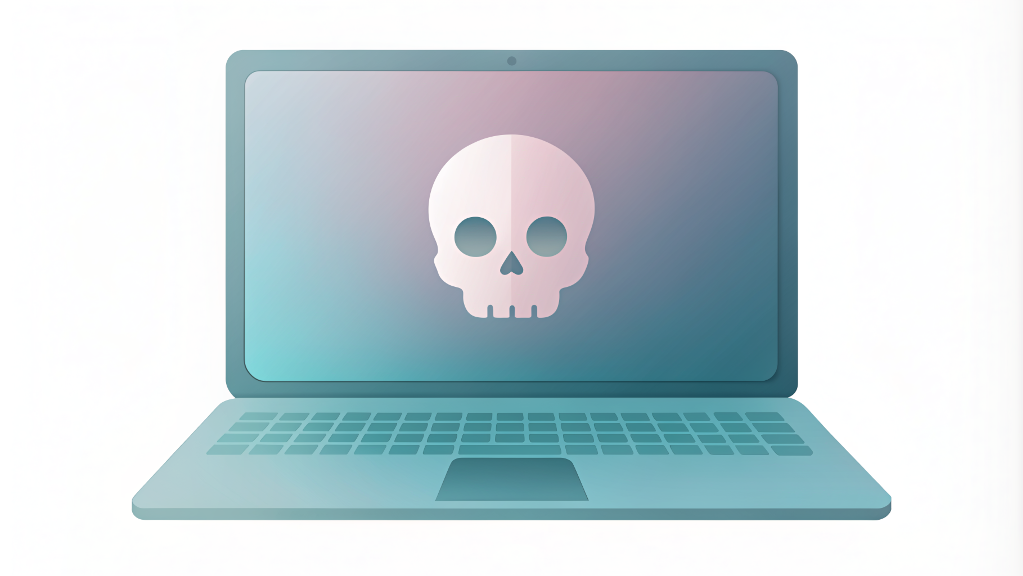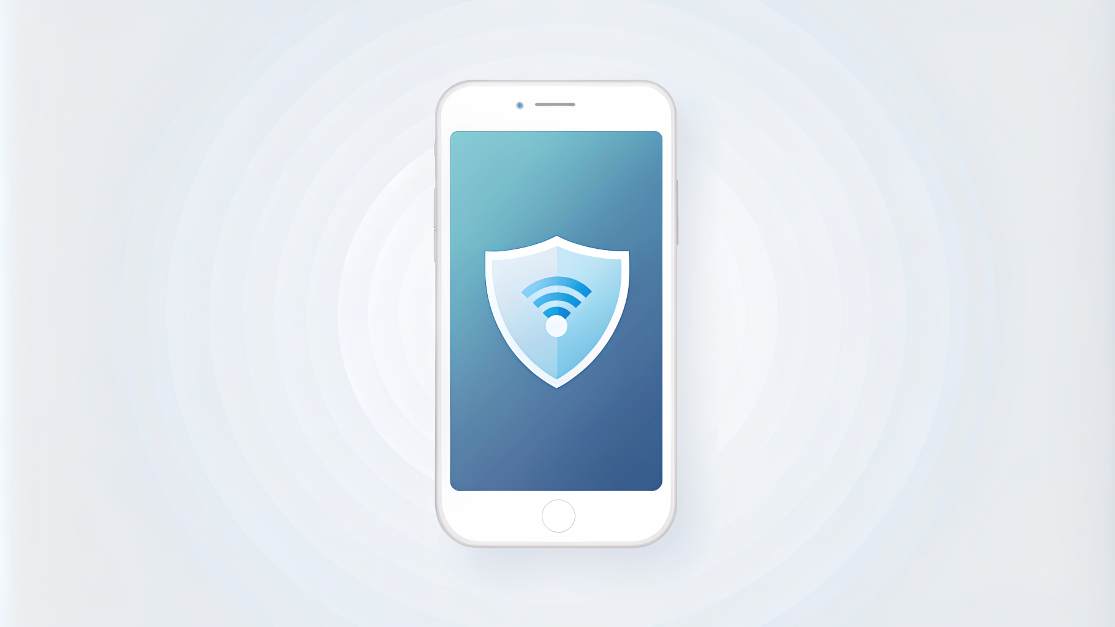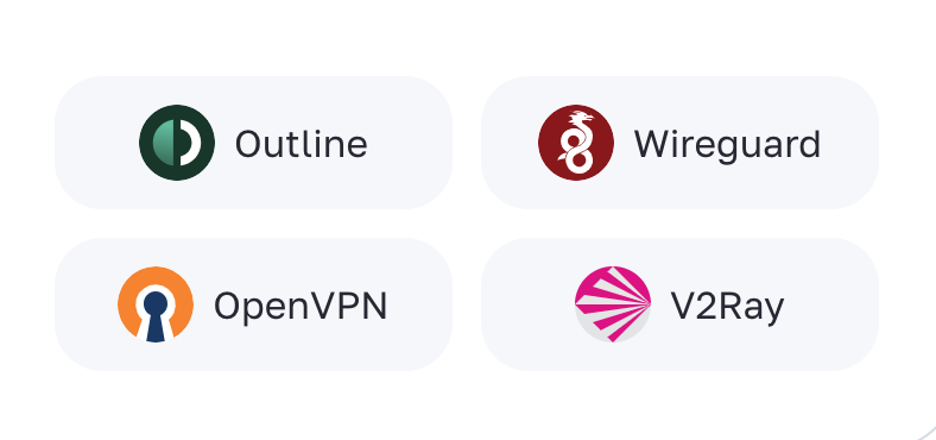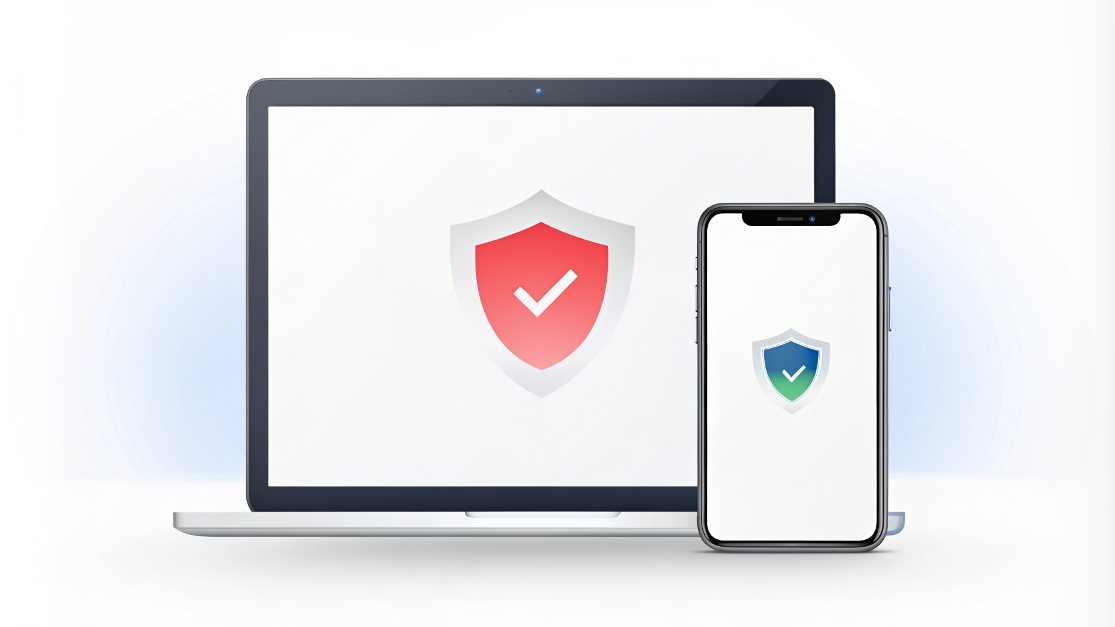VPN을 활용한 트로이 목마 방어 방법
❝
그리스인들은 오랜 전쟁 끝에 기발한 작전을 고안해 냅니다.
나무로 된 거대한 말을 만들어 엄선된 병력을 내부에 숨기고
이 목마를 적진인 트로이 성 앞에 남긴 채 항해를 떠나는 척했죠.
이를 승리의 트로피로 착각한 트로이인들은 목마를 성안으로 끌어들였답니다.
그리고 그날 밤, 어둠을 틈타 목마 안에 숨어 있던 그리스군이 빠져나와
항해를 위해 떠난 척했던 나머지 그리스군을 위해 성문을 열어 주었는데요.
결과는?
도시에 침입하여 파괴하는 데 성공한 그리스인들!
이 기발한 작전으로 트로이 전쟁은 그리스의 승리로 막을 내렸답니다.
-----------------------.png

이는 고대 그리스 신화에서 비롯된 트로이 목마의 유래인데요. 현재는 은유적인 표현으로 자주 사용됩니다. 표적이 요새나 특정 장소로 적을 초대하게 만드는 모든 속임수나 책략을 의미하죠. 오늘날의 디지털 환경에서는 사용자가 눈치채지 못하게 속여 의도적으로 실행하도록 하는 악성 컴퓨터 프로그램을 “트로이 목마(Trojan horse)”라고 합니다. 개인 및 조직 모두 이러한 사이버 보안의 위협으로부터 자유로울 수 없는 디지털 시대. 이에 대한 대비책으로 ‘VPN을 활용한 트로이 목마 방어 방법’에 대해 소개해 드리려고 합니다.
트로이 목마란?
트로이 목마 뜻
-----------------------------.png

트로이 목마는 합법적인 프로그램으로 위장하여 사용자가 다운로드하도록 속이는 악성 소프트웨어의 한 유형입니다. 일단 설치되고 나면 공격자가 컴퓨터에 무단으로 접근하여 민감한 데이터를 훔치거나, 개인 정보를 손상시킬 수 있죠.기업이라면 회사의 기밀정보가 사이버 범죄자에게 유출될 수 있어 위험합니다!
7가지 대표 유형
프로그램 목적에 따라 감염된 컴퓨터에서 수행하는 활동의 유형이 다른데요. 가장 흔한 트로이 목마의 종류를 살펴보면 다음과 같습니다.
백도어 (Backdoor Trojans) - 해커가 원격으로 컴퓨터에 액세스하고 제어할 수 있습니다. 파일을 마음대로 업로드, 다운로드 또는 실행하는 등 원하는 모든 것을 할 수 있죠. 백도어 트로이 목마에 감염될 경우 중요한 파일이 유출 또는 삭제될 수 있고, 범죄에 악용될 수도 있습니다.
익스플로잇 (Exploit Trojans) - 컴퓨터에서 작동하는 특정 소프트웨어에 내재된 약점을 악용하기 위해 의도적으로 설계된 코드와 데이터가 담긴 프로그램을 주입합니다.
스파이 (Spy Trojans) - 감염된 컴퓨터로 사용자의 활동을 감시하는 프로그램입니다. 키보드로 입력하는 데이터를 추적하거나, 사용자 화면의 스크린숏을 찍거나, 실행 중인 애플리케이션 목록을 수집하는 등의 작업을 수행하죠.
루트킷 (Rootkit Trojans) - 시스템상의 특정 개체나 활동을 감추는 프로그램입니다. 시스템을 감염시키는 맬웨어가 발견되는 것을 방지하여 최대로 손상시키는 것이 목적이죠.
뱅커 (Banker Trojans) - 온라인 뱅킹 시스템, 전자 결제 시스템, 신용 또는 직불카드와 같이, 특히 은행 및 기타 온라인 거래에 사용되는 사용자 계좌 데이터를 훔칠 목적으로 만든 프로그램입니다.
분산 서비스 거부 (DDoS Trojans) - 특정 네트워크 또는 기계를 타깃으로 디도스 공격(Distributed Denial of Service)을 하도록 설계된 프로그램입니다. 감염된 컴퓨터 여러 대를 이용해 수많은 요청 신호를 보내 표적 웹 주소를 무력화하죠.
다운로더 (Downloader Trojans) - 트로이 목마 및 애드웨어 등을 포함한 더 많은 추가 맬웨어를 장치에 다운로드하고 설치하도록 하기 위한 프로그램입니다.
트로이 목마 바이러스 감염 징후
이처럼 트로이 목마는 다양한 유형의 맬웨어에 대한 ‘전달 장치’로 사용되므로 감염되었을 경우, 일반적으로 악성 소프트웨어에 감염되었을 때와 비슷한 징후가 나타나죠.
장치가 느려지거나, 뜨거워지는 등의 이상 현상 또는 평소보다 높은 데이터 사용량 발생 - 비밀리에 리소스가 많은 광고를 실행하거나, 브라우저 트래픽을 도용하거나, 파일을 다운로드 및 업로드하여 데이터를 소비하고 시스템을 망가뜨릴 수 있어요.
평소보다 잦은 화면 멈춤 및 충돌 등 이상 네트워크 활동 감지 - 자동 데이터 전송, 트래픽 혼잡 및 많은 수의 DNS 요청으로 인해 발생한 것일 수 있어요.
‘전송’ 폴더에 내가 보낸 적 없는 메시지가?! - 표적의 개인 정보에 접근하는 것은 물론, 주변인들의 연락처에 접근하기 위한 시도도 할 수 있는데요. 이를 위해 이메일과 SNS 계정에 접근하기 위해 맬웨어를 통해 로그인 자격 증명을 훔치거나, 이메일 규칙을 변경하고, 신원을 스푸핑 할 수 있습니다.
승인한 적 없는 변경 사항 - 맬웨어는 장치와 시스템에 다양한 변화를 일으킬 수 있어요. 파일을 수정하고, 브라우저를 변경하고, 보안 설정을 변경하고, 네트워크를 수정할 수 있습니다.
VPN으로 트로이 목마 방어하기
문제는? #취약한 보안
종합해 보면, 트로이 목마는 한 마디로 ‘취약한 보안’을 노린 것이라 할 수 있는데요. 이 때문에 많은 사람이 강력한 방어 메커니즘을 구축하기 위해 가상 사설망(VPN)을 활용합니다!
대비책은? #강력한 보안
--------------------------------------------------.png

VPN 서비스는 장치와 목적지 사이에 암호화된 터널을 만드는 방식으로 작동하는데요. 개인 데이터를 암호화하고, 원격 VPN 서버를 통해 인터넷 트래픽을 다시 라우팅하여 해커나 인터넷 서비스 제공업체(ISP)를 포함한 모두로부터 정보와 온라인 활동을 숨깁니다. 특히, 무료 Wi-Fi 등 공용 네트워크 환경에서 사이버 범죄자가 비밀번호, 금융 데이터 및 브라우징 기록과 같은 개인 정보에 접근하여 악용하는 것을 방지하는 데 도움이 되죠.
VPN으로 트로이 목마를 방어할 수 있는 이유 5가지
iphone-vpn-protected-shield-on-screen-without-insc.png

VPN이 트로이 목마 바이러스로부터 온라인 보안을 제공하는 방법은 다음과 같습니다:
중간자 공격 차단 - VPN을 통한 안전한 인터넷 연결은 프라이빗한 비밀 터널을 활용하므로 중간 공격자가 통신을 가로채고 변경하는 것을 방지해요.
암호화 - 또한, 사용자가 웹사이트로 전송하는 모든 데이터를 암호화하여 제3자의 개인 데이터 접근을 방지하죠. 따라서 해커들이 나의 네트워크에 접속하고 온라인 활동을 감시하려고 시도하더라도 계정에 침투하거나, 메시지에 악성코드 링크를 삽입할 수 없답니다!
익명성 - 사용자의 IP 주소를 숨기고 다른 지역에 위치한 원격 서버를 통해 인터넷 트래픽을 라우팅하기 때문에 온라인 활동을 추적하거나, 모니터링하려는 해커의 시도를 방해하죠.
보안 원격 액세스 - 외부 위치에서 기업 네트워크에 접근하는 원격 근로자 또는 직원이 있는 조직의 경우, VPN은 민감한 데이터를 잠재적인 위협에 노출시키지 않고 회사 리소스에 연결할 수 있는 안전한 수단을 제공합니다.
악성코드 감염 지연 및 중단 - 사이버 범죄자들은 열린 포트를 통해 통신하는 맬웨어를 사용하는데요. 좋은 VPN은 안전한 포트를 사용하고, 위험한 포트를 차단하기 때문에 해커의 감염 시도를 더욱 어렵게 만들어요. (‘무료’가 아닌, ‘고품질의 VPN’을 선택하는 것이 중요한 이유이기도 합니다!)
트로이 목마 방어를 위한 최적의 VPN 추천
“무료는 됐고, 보안이 강력한 VPN 주세요!”
이제 VPN이 트로이 목마 방어에 기술적으로 큰 도움이 될 수 있다는 것을 이해하셨을 텐데요. 다시 한번 강조하자면, 트로이 목마 방어에서 가장 중요한 것은 바로 ‘강력한 보안’입니다. 따라서 공짜라는 단어에 사로잡혀 덜컥 무료 VPN을 선택하지 않도록 주의해야 해요. 먼저 VPN 선택 기준을 따져봐야 하죠.
“그렇다면 어떤 VPN을 사용해야 하죠? 그냥 속 시원히 말해주세요!”
마음속으로 외치는 분들을 위한 추천 VPN 서비스! BlancVPN을 선택해야 하는 이유를 알려드릴게요.
BlancVPN을 선택해야 하는 이유 3가지
1. VPN 프로토콜
23456y.png

VPN 서비스에서 가장 중요한 것 한 가지를 꼽으라면 암호화 기능이라고 할 수 있습니다. 온라인 활동이 받는 보호 수준을 결정하기 때문인데요. VPN은 데이터가 인터넷을 통해 이동하는 방식을 결정하는 특정 규칙과 프로세스인‘프로토콜’에 따라 작동해요. 각 프로토콜은 사용자의 필요에 따라 VPN의 특정 사용 사례에 초점을 맞추도록 설계되었죠.
무료 VPN의 경우, 한 가지 프로토콜만 제공하는 등 제약이 있는 경우가 많은데요. BlancVPN은 암호화 알고리즘, 빠른 속도, 탄력적인 VPN 액세스, 검열 및 제한된 콘텐츠 우회 등 각 측면에서 가장 강력한 것으로 알려진 프로토콜 4가지를 제공합니다! 따라서 로그인할 때마다 최상의 경험을 얻을 수 있답니다.
2. 킬 스위치 & 스플릿 터널
‘킬 스위치’는 VPN이 예기치 않게 연결이 끊어질 경우, 인터넷 연결을 종료하는 안전 조치인데요. 이렇게 하면 데이터가 외부에 노출되는 것을 방지할 수 있어요. ‘스플릿 터널’을 사용하면 어떤 트래픽이 VPN을 통과하고 어떤 트래픽이 일반 인터넷 연결을 통과할지 선택할 수 있죠. 이 둘은 모두 VPN을 안전하게 보호하고 완전히 비공개로 유지할 수 있도록 도와주는 기능으로, 보안을 최우선시하는 많은 사용자가 BlancVPN을 선택하는 이유이기도 하답니다!
3. 다중 플랫폼 기능
iphone-with-macbook-vpn-protected-shield-on-screen.png

무료라고 광고하는 VPN을 선택하고 보니 하나의 기기만 지원된다면? 당황스러울 수 있는데요. 노트북, 데스크톱 PC, 태블릿, 스마트폰 등 매일 여러 기기를 사용한다면 가능한 모든 장치에서 동일하게 강력한 프로토콜과 가동 시간을 제공하여 보안 연결이 끊어지는 위험을 방지하는 BlancVPN을 선택하세요.
맺음말
지금까지 트로이 목마와 같은 끊임없이 진화하는 사이버 위협으로부터 방어하는 데 VPN이 중요한 역할을 한다는 것을 알아보았습니다. 최우선 순위가 ‘강력한 보안’이라면 평판이 좋은 고품질의 VPN 서비스에 투자하는 것이 바람직하다는 것을 기억하세요! 평가판을 통해 제약이 많은 무료 서비스 대비, 유료의 강력한 퀄리티 차이를 비교해 볼 수 있어요. 품질에 대한 자신감으로, BlancVPN에서는 30일 무료 체험 서비스를 제공하며 기간 내 불만족 시 환불해 드리고 있답니다. 위험 부담 없이, BlancVPN을 테스트하고 필요에 부합하는지 확인해 보세요!